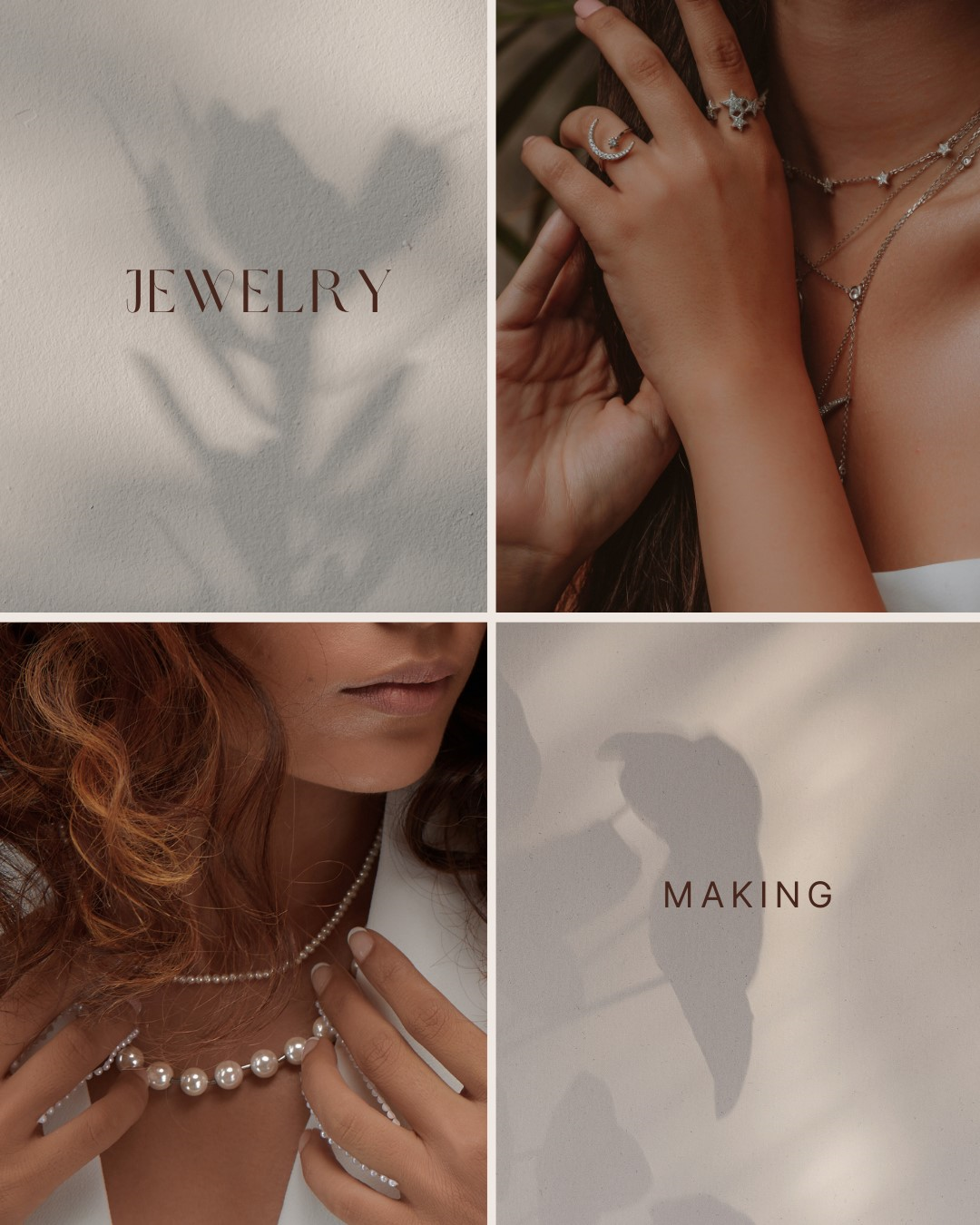Shielding Sparkle: A Comprehensive Guide to Insurance for Jewelry Businesses
Related Articles: Shielding Sparkle: A Comprehensive Guide to Insurance for Jewelry Businesses
Introduction
In this auspicious occasion, we are delighted to delve into the intriguing topic related to Shielding Sparkle: A Comprehensive Guide to Insurance for Jewelry Businesses. Let’s weave interesting information and offer fresh perspectives to the readers.
Table of Content
Shielding Sparkle: A Comprehensive Guide to Insurance for Jewelry Businesses

The world of jewelry is a dazzling tapestry of artistry, craftsmanship, and value. For those operating within this industry, the delicate balance between beauty and business demands careful consideration, particularly when it comes to risk management. Insurance for jewelry businesses is not just a formality; it is a vital shield, protecting against unforeseen events that can threaten both financial stability and the very essence of a brand’s reputation.
Understanding the Risks: A Glimpse into the Jewelry Business Landscape
The jewelry industry, with its inherent allure and high-value merchandise, presents a unique set of risks. These risks can be broadly categorized into:
1. Physical Risks:
- Theft: Jewelry stores are prime targets for theft, whether it’s organized crime, opportunistic shoplifting, or internal theft by employees.
- Natural Disasters: Fires, floods, earthquakes, and other natural disasters can inflict devastating damage on inventory and premises.
- Accidental Damage: Accidents, such as dropped items, mishandling during repairs, or even simple wear and tear, can lead to costly repairs or replacements.
2. Business Interruption Risks:
- Closure due to Damage: A fire or flood can force temporary closure, interrupting operations and impacting revenue.
- Supply Chain Disruptions: Natural disasters or other unforeseen events can disrupt the supply of raw materials or finished products, affecting production and sales.
- Cybersecurity Threats: Data breaches and cyberattacks can compromise sensitive customer information and damage brand reputation, leading to financial losses and operational disruptions.
3. Liability Risks:
- Product Liability: Defective jewelry, faulty craftsmanship, or allergic reactions to metals can result in lawsuits and compensation claims.
- Customer Injury: Accidents on store premises, such as slips and falls, can lead to liability claims.
- Employee Injury: Workplace accidents can result in worker’s compensation claims and potential legal action.
The Power of Protection: Unveiling the Benefits of Jewelry Business Insurance
Insurance for jewelry businesses acts as a safety net, mitigating the financial impact of these risks and providing peace of mind. Here’s a breakdown of the key benefits:
1. Financial Security:
- Inventory Coverage: Insurance policies cover the cost of replacing or repairing stolen, damaged, or destroyed jewelry inventory.
- Business Interruption Coverage: This covers lost income during periods of closure due to insured events, helping businesses stay afloat during difficult times.
- Liability Coverage: Insurance policies protect businesses from lawsuits arising from product liability, customer injury, or employee injury.
2. Operational Continuity:
- Swift Recovery: Insurance claims can help businesses recover quickly from setbacks, enabling them to resume operations and minimize disruptions.
- Financial Stability: Insurance payouts provide the necessary funds for repairs, replacements, and legal expenses, ensuring financial stability during challenging situations.
- Reputation Protection: Insurance coverage can help businesses maintain their reputation by covering legal costs and settlements, preventing negative publicity and customer distrust.
3. Enhanced Customer Confidence:
- Increased Trust: Having adequate insurance demonstrates a commitment to safety and security, building customer trust and confidence.
- Peace of Mind: Customers feel reassured knowing that the business is protected, leading to a more comfortable and enjoyable shopping experience.
Types of Insurance for Jewelry Businesses: Navigating the Options
There are various insurance policies specifically designed to meet the unique needs of jewelry businesses. Here’s a breakdown of the most common types:
1. Property Insurance: This covers the physical assets of the business, including the building, fixtures, and inventory.
- Building Coverage: Protects against damage to the building due to fire, flood, vandalism, or other covered perils.
- Contents Coverage: Covers the value of inventory, display cases, tools, and other contents within the business premises.
- Business Personal Property Coverage: Provides coverage for items owned by the business but located off-premises, such as jewelry being transported or displayed at trade shows.
2. Crime Insurance: This protects against theft, robbery, and other criminal activity.
- Burglary and Robbery Coverage: Covers losses due to theft or robbery from the business premises.
- Employee Dishonesty Coverage: Provides protection against losses caused by dishonest employees, such as embezzlement or theft.
- Forgery and Counterfeiting Coverage: Covers losses due to counterfeit jewelry or fraudulent transactions.
3. Liability Insurance: This protects businesses from lawsuits arising from injuries or damages caused to customers or employees.
- General Liability Coverage: Covers claims arising from accidents on the premises, product liability, or advertising injury.
- Product Liability Coverage: Provides protection against lawsuits alleging that defective jewelry caused injury or damage.
- Professional Liability Coverage: Covers claims arising from errors or omissions in professional services, such as jewelry appraisals or repairs.
4. Business Interruption Insurance: This covers lost income during periods of closure due to insured events.
- Business Income Coverage: Provides coverage for lost profits and continuing expenses during periods of closure.
- Extra Expense Coverage: Covers additional expenses incurred to resume operations, such as temporary relocation costs or expedited repairs.
5. Workers’ Compensation Insurance: This is a mandatory insurance policy in most states that covers medical expenses and lost wages for employees injured on the job.
6. Flood Insurance: This is a separate policy that covers losses due to flooding, which is not typically covered by standard property insurance policies.
7. Inland Marine Insurance: This covers jewelry while it is being transported or stored off-premises.
8. Jewelry Specific Insurance: This specialized coverage provides comprehensive protection for jewelry inventory, including:
- All-Risk Coverage: Covers losses due to any cause, except for specifically excluded perils.
- Valued Policy Coverage: Provides coverage for the full value of the jewelry, regardless of its age or condition.
- Replacement Cost Coverage: Covers the cost of replacing lost or damaged jewelry with new items of similar quality and value.
Navigating the Insurance Landscape: Key Considerations for Jewelry Businesses
Choosing the right insurance policy for a jewelry business requires careful consideration and consultation with an experienced insurance broker. Here are some key factors to consider:
- Value of Inventory: The value of the jewelry inventory is a major factor in determining the amount of coverage needed.
- Location: The location of the business, including the risk of crime and natural disasters, impacts the cost and scope of insurance coverage.
- Type of Jewelry: The type of jewelry sold, such as precious metals, gemstones, or custom-made pieces, affects the level of risk and the insurance requirements.
- Security Measures: Existing security measures, such as alarm systems, surveillance cameras, and secure storage facilities, can influence insurance premiums.
- Business Operations: The nature of business operations, such as retail sales, wholesale distribution, or custom jewelry design, affects the types of insurance needed.
FAQs: Addressing Common Questions about Insurance for Jewelry Businesses
1. What is the best way to determine the value of my jewelry inventory for insurance purposes?
It is recommended to obtain an appraisal from a qualified and reputable jewelry appraiser. Appraisals should be conducted regularly, especially for high-value items, to reflect market fluctuations and any changes in condition.
2. What is the role of an insurance broker in choosing the right policy?
An insurance broker acts as an intermediary between the business and insurance companies. They have expertise in understanding the unique needs of jewelry businesses and can help identify the most suitable policy options.
3. What are some tips for preventing jewelry theft?
- Implement robust security measures, including alarm systems, surveillance cameras, and secure storage facilities.
- Train employees on security protocols and procedures.
- Limit access to valuable jewelry to authorized personnel.
- Consider using security tags or other anti-theft devices.
4. How can I protect my business from cyberattacks?
- Implement strong passwords and two-factor authentication.
- Regularly update software and security patches.
- Train employees on cybersecurity best practices.
- Consider cybersecurity insurance to cover losses resulting from data breaches or cyberattacks.
5. What are some tips for handling claims with my insurance company?
- Keep detailed records of inventory, including purchase dates, costs, and descriptions.
- Report any claims promptly and provide all necessary documentation.
- Cooperate fully with the insurance company during the claims process.
Conclusion: Shielding Sparkle, Securing Success
Insurance for jewelry businesses is an essential investment, providing financial security, operational continuity, and peace of mind. By carefully assessing risks, choosing the right insurance policies, and implementing preventative measures, jewelry businesses can mitigate potential threats and focus on what matters most: creating and sharing the beauty and artistry of their craft.
Remember, a well-designed insurance strategy is not just about protecting valuable assets; it’s about safeguarding the very essence of a jewelry business, its reputation, and its future success.








Closure
Thus, we hope this article has provided valuable insights into Shielding Sparkle: A Comprehensive Guide to Insurance for Jewelry Businesses. We hope you find this article informative and beneficial. See you in our next article!